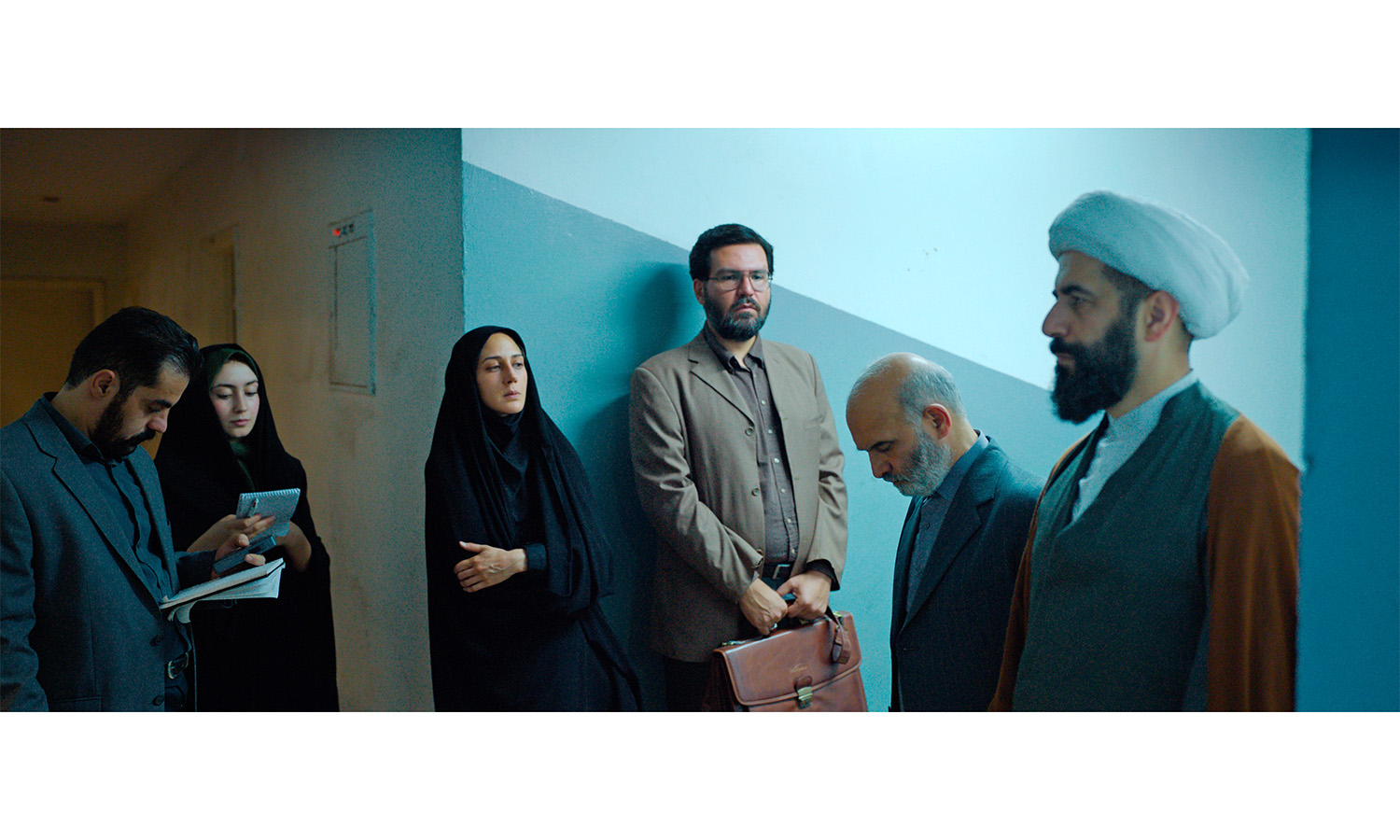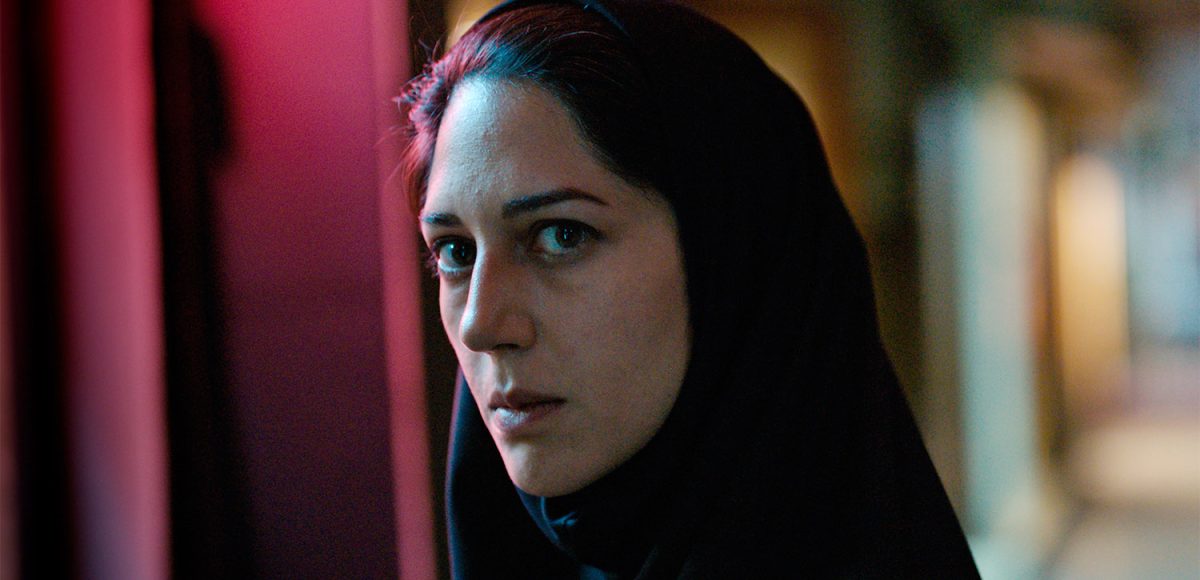“Holy Spider” is the thrilling, complex, revealing story of a serial killer in Iran who targeted prostitutes and was hailed a hero.
Rahimi has arrived in the holy city of Mashhad to investigate the unsolved killings of prostitutes in this holiest of holy cities in Iran, the equivalent of Mecca to Shia Muslims. She is on assignment and there is much at stake. Encountering the first of many rebuffs, she is refused the lodging she has reserved when the clerk discovers she is a single, unmarried woman. So sorry for the mistake but they are fully booked, that is until she announces that she is a journalist and public note will be made of this slight. Suddenly a room is found.
Reporting to the local office of her paper, she has Sharifi, her journalist guide, bring her up to date with the killings. A new victim has recently been found, dumped in the same location as the others. Questioning the police officer in charge of this case, she would like to know what is being done to catch him. He shrugs and indicates that they are waiting for him to make a mistake. Are they not concerned that he will go on killing? Not particularly. He will eventually slip up and then they will find him. Rahimi is appalled but not surprised. In this strict religious hierarchy, women matter little and prostitutes matter not at all. Even the police feel that the unknown killer is doing society a service by ridding the streets of “corrupt” women. That it is men who feed this problem is not an issue.
Some lip service is given by the head of the police to the fact that these women are trapped because they are poor and have no income or means to support their families. But this is not a view shared by society in general.

Ali Abbasi, the director who co-wrote the script with Afshin Kamran Bahrami, is more interested in illustrating the hypocrisies built into a society that seems to blame women for all transgressions, even those by men, because their mere presence is a sinful temptation to all. The morality police actively work to subvert the investigation.
This is not, strictly speaking, a mystery thriller. Early on in the film, the viewer is aware of the killer, a banal family man named Saeed who is in thrall to the Iman Reza, the patron “saint” so to speak of the largest mosque in the world. He prays to Iman Reza for the strength and guidance to perform his war on corruption in the streets.
It is Rahimi, putting herself at great danger, who successfully unmasks Saeed and leads to his apprehension by an ambivalent police force. But the hunt and capture is only a side story. It is Abbasi’s exposure of the media circus surrounding Saeed’s prosecution that reveals more about this society than anything else. As Rahimi, now monitoring the trial, depressingly knows, even with his admission of guilt, too many feel that Saeed is a righteous soul doing God’s work. He has become a hero. His well justified execution, if it ever comes to that, would make him a martyr. The victims, it becomes clear, have no one to speak for them, not even their families, shamed by the actions of their dead daughters, sisters, mothers.
As your stomach tightens, waiting to see what will or won’t happen to Saeed and how blame will be showered on Rahimi, you are witness to a history that happened and continues to happen in Iran. This movie is based on serial killings carried out by Saeed Hanaei in Mashhad in the early 2000s and the media circus that followed his eventual capture, but not before he had killed 16 women, the same number of killings by the Saeed of this story.
How long, Abbasi posits, can this continue? How long can women be denied rights and blamed for all the wrongs? Zar Amir Ebrahimi, who plays Rahimi, will have to watch from afar because she was hounded out of Iran when a private sex tape was leaked, ending her career. There was, of course, no retribution for her partner. She now lives in Paris. For her performance in this film, she received the Best Actress award at the Cannes Film Festival. As Rahimi, her determination shows through in the quiet set of her jaw and the simmering anger that is held back in her speech but clear in her eyes.
Mehdi Bajestani in the role of Saeed, remarkably conveys a sympathy, confusion, and naivety present at all times whether choking a prostitute or instructing his son in manhood. As though trapped in a role he created but didn’t fully understand, his Saeed is guilty and innocent at the same time.
Nadim Carlsen, director of photography, has perfectly captured the seamy side of the location, with Amman, Jordan substituting for Mashhad. This is an important juxtaposition that underpins the movie. It should not be surprising that Abbasi was denied permission to film in Iran. Ironically, although that may not be the apt term, “Holy Spider” is Denmark’s submission to the Academy Awards.
In Farsi with English subtitles.
“Holy Spider” opens November 4 at the Laemmle Royal and the Alamo Drafthouse Downtown.







